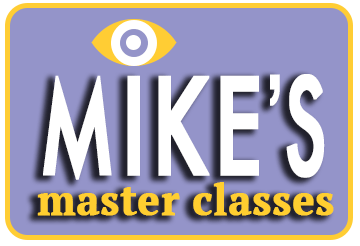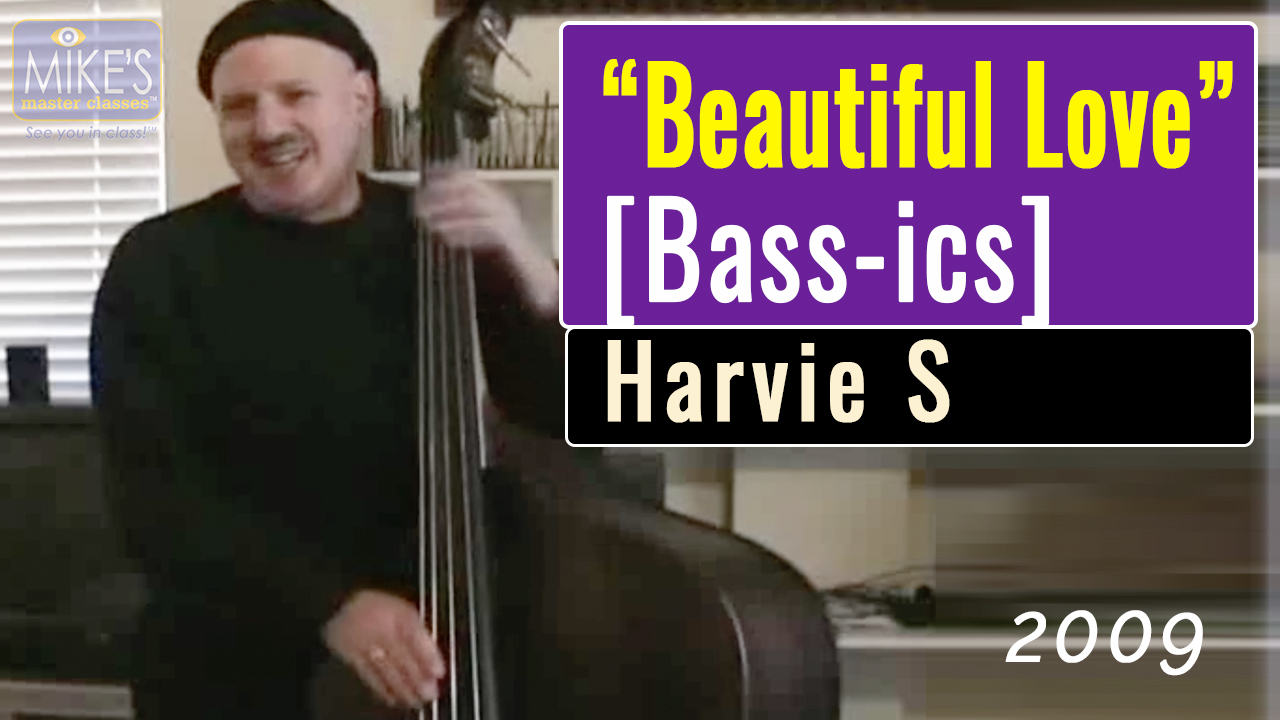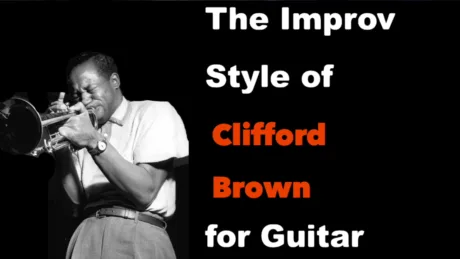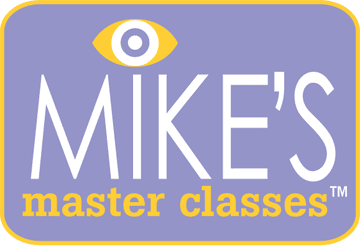Harvie discusses and demonstrates valuable basics including time, rhythm, harmony, intonation, practicing and more. Perfect for the
new bassist and bass guitarist moving to acoustic bass.
The class starts off with a wonderful rendition of Beautiful
Love.
Introduction and Performance
Harvie S begins by performing a jazz piece titled “Beautiful Love,” which he plays solo on the bass. He emphasizes that he did not rehearse this performance in advance, highlighting the improvisational nature of jazz. The performance includes playing the melody, a walking bass line, and a variation of the melody.
Educational Focus on Bass Fundamentals
The primary educational content of the lecture focuses on the fundamentals of bass playing, which Harvie S argues are crucial and timeless despite changes in musical styles over time. He uses his teaching experiences at Manhattan School to discuss these fundamentals, particularly the importance of understanding chord structures from a bassist’s perspective.
Chord Fundamentals
Harvie S poses a question to his students about the most important notes in a four-note chord (e.g., C major 7, which consists of C, E, G, and B). He explains why the root and fifth are the most critical notes for bass players, as they provide the foundation and strength to the harmonic structure of the music. He also discusses the role of the third and seventh notes in determining the chord’s quality (major or minor) and color.
Practical Applications and Techniques
Harvie S provides insights into practical playing techniques, such as how to effectively use a metronome to improve timing, which is essential for playing in both live and studio settings. He emphasizes playing with a metronome set at a very slow tempo to fully control timing and dynamics.
Philosophical and Historical Insights
Harvie S offers philosophical thoughts on music and jazz, describing music as a language that expresses emotions and tells stories. He also delves into the historical development of jazz, describing it as a blend of African rhythms and European harmonic structures. He discusses the role of African rhythms in shaping the musical landscape of the Americas, including jazz.
Advanced Playing Concepts
Harvie S discusses more advanced concepts like playing over changes, creating tension with diminished chords, and the impact of rhythmic choices on the feel of a performance. He encourages students to experiment with these concepts to develop their unique voice on the instrument.
Conclusion and Future Lessons
Towards the end of the lecture, Harvie S hints at future classes that will focus on physical aspects of playing the bass, such as posture and hand positioning, to prevent injury and improve performance longevity.
Overall, the lecture is designed to deepen understanding of the bass’s role in jazz and improve technical proficiency while encouraging an appreciation of the bass as a versatile and expressive instrument in various musical contexts. Harvie S’s approach combines technical instruction with historical insights and philosophical reflections on music, making it a comprehensive resource for aspiring bassists.










